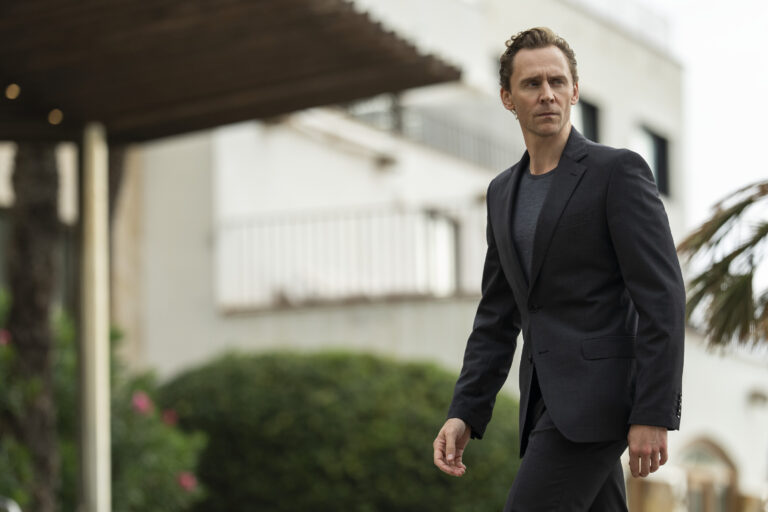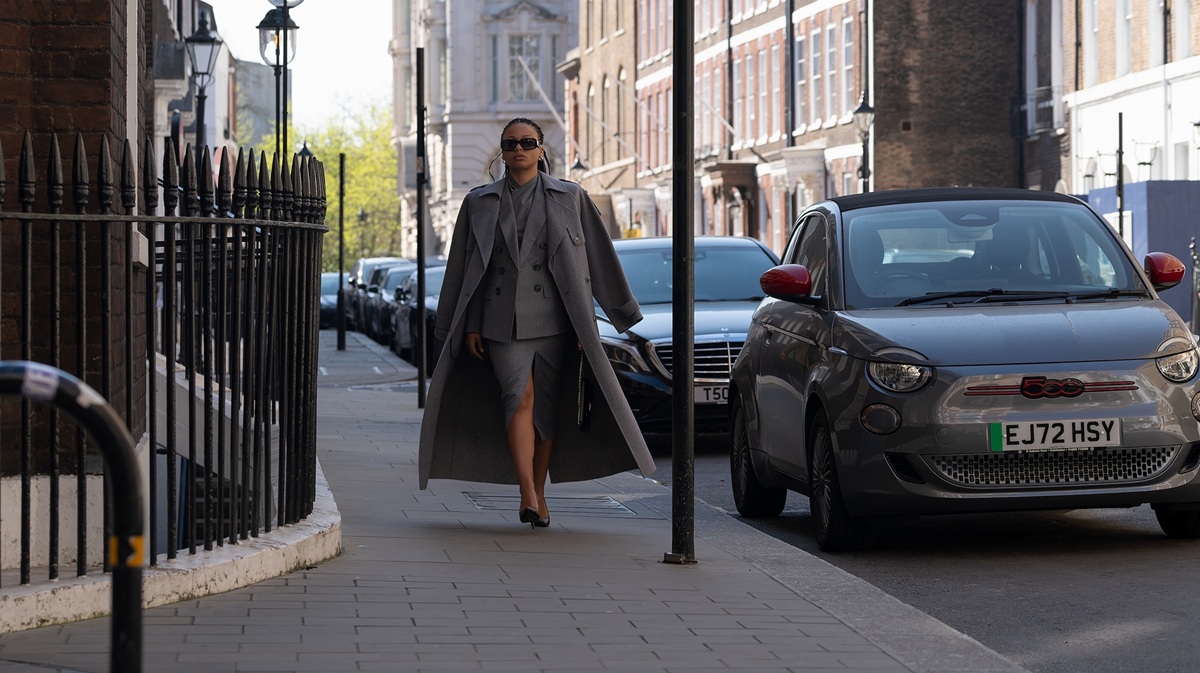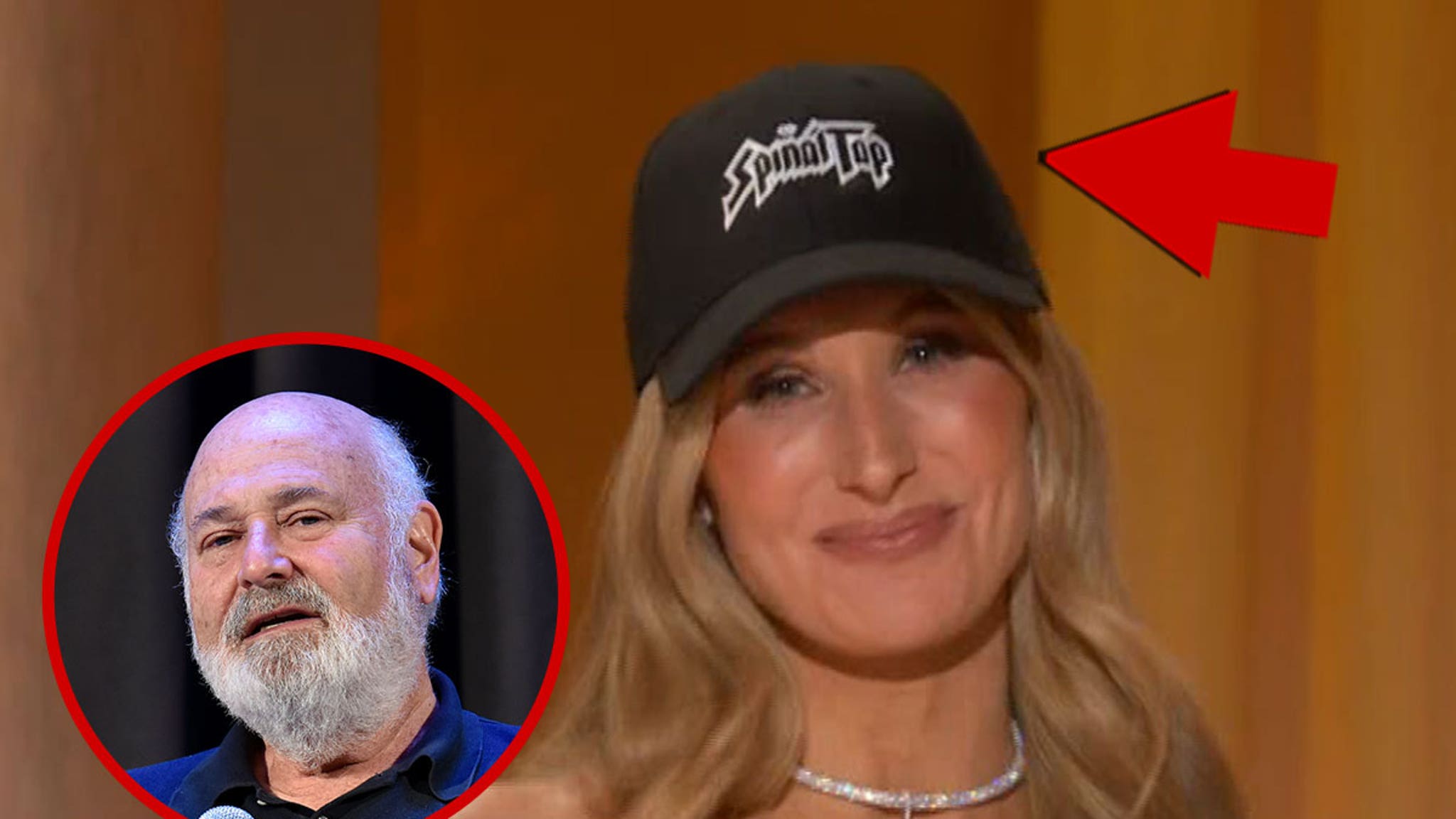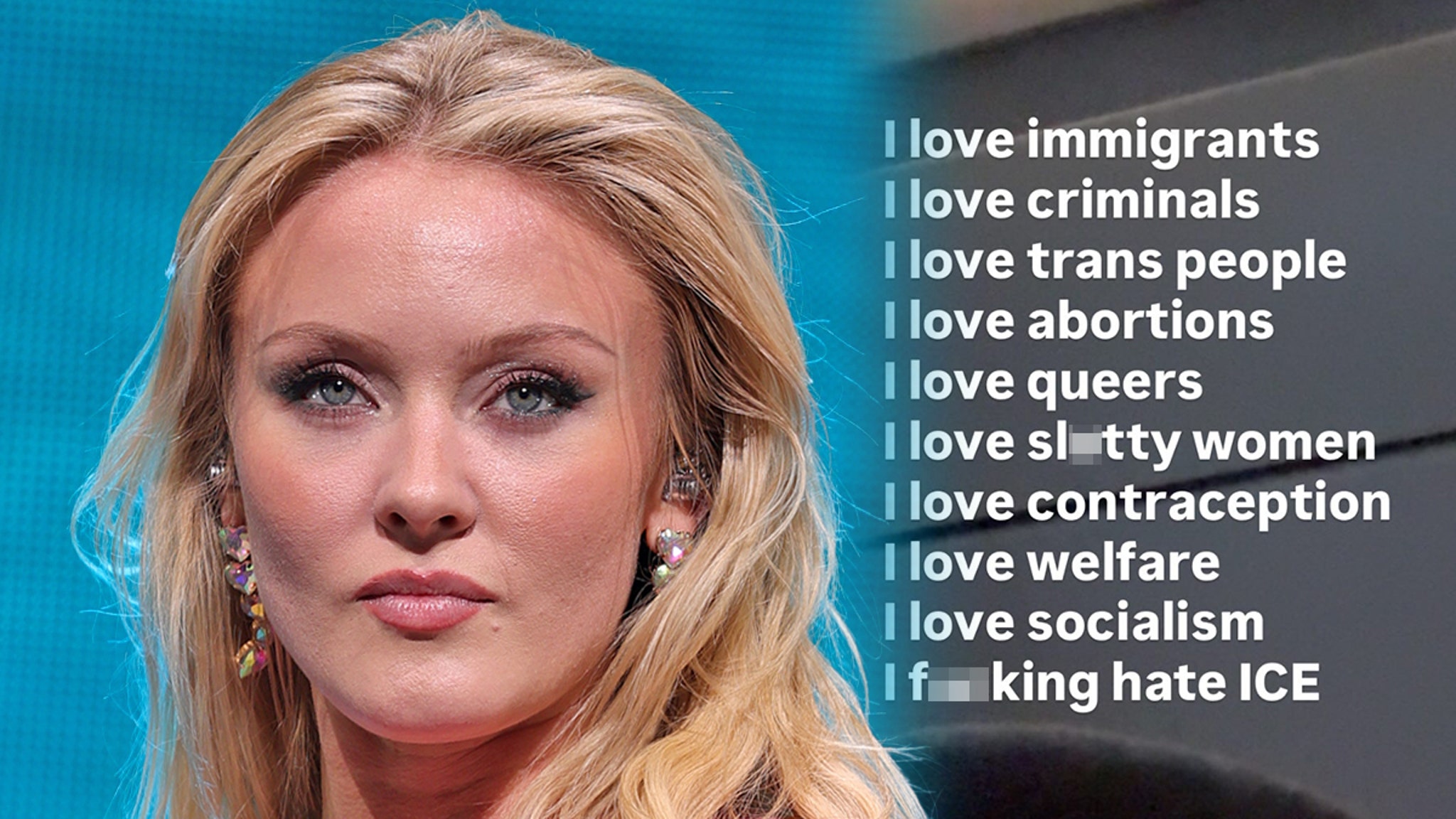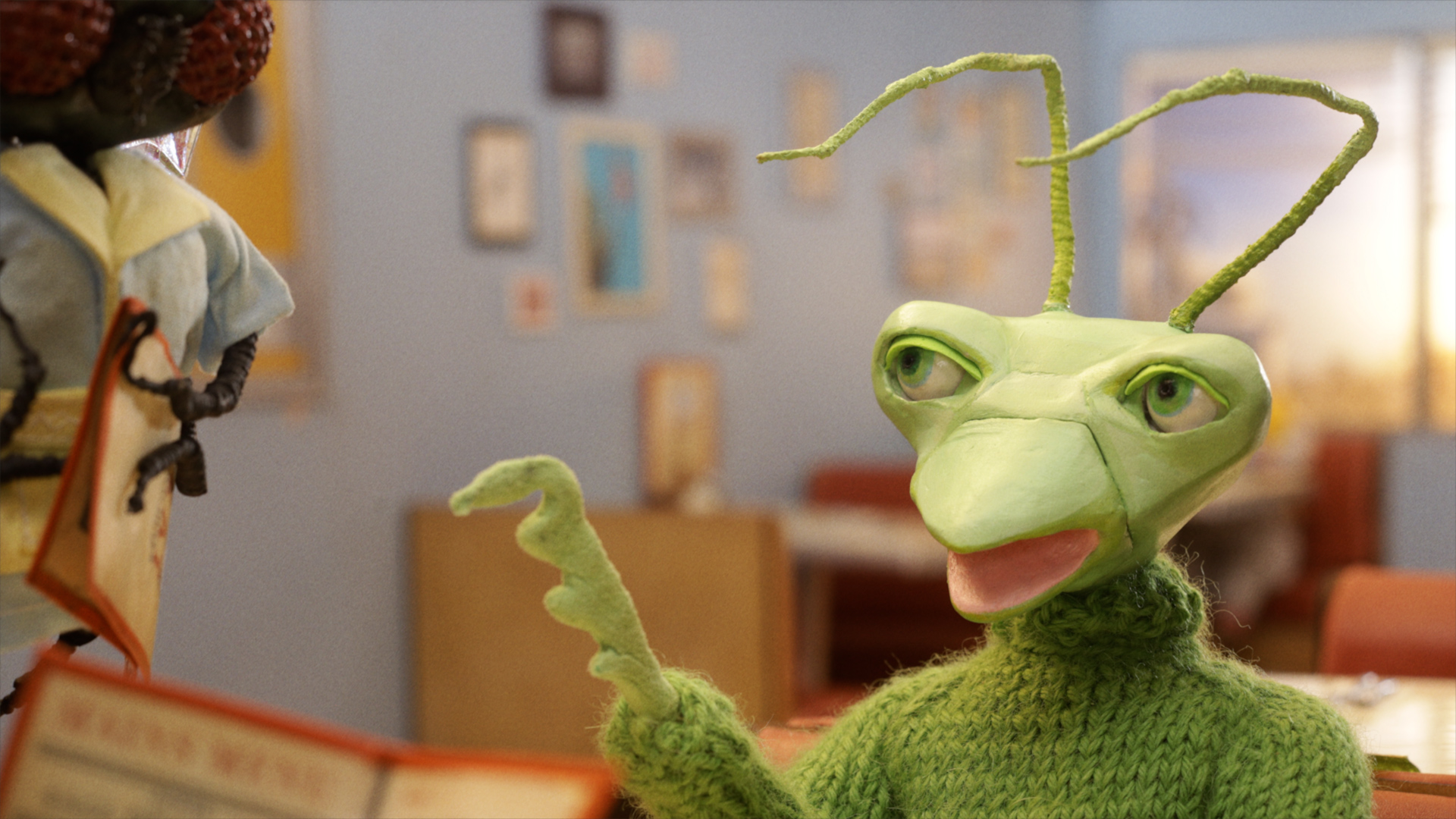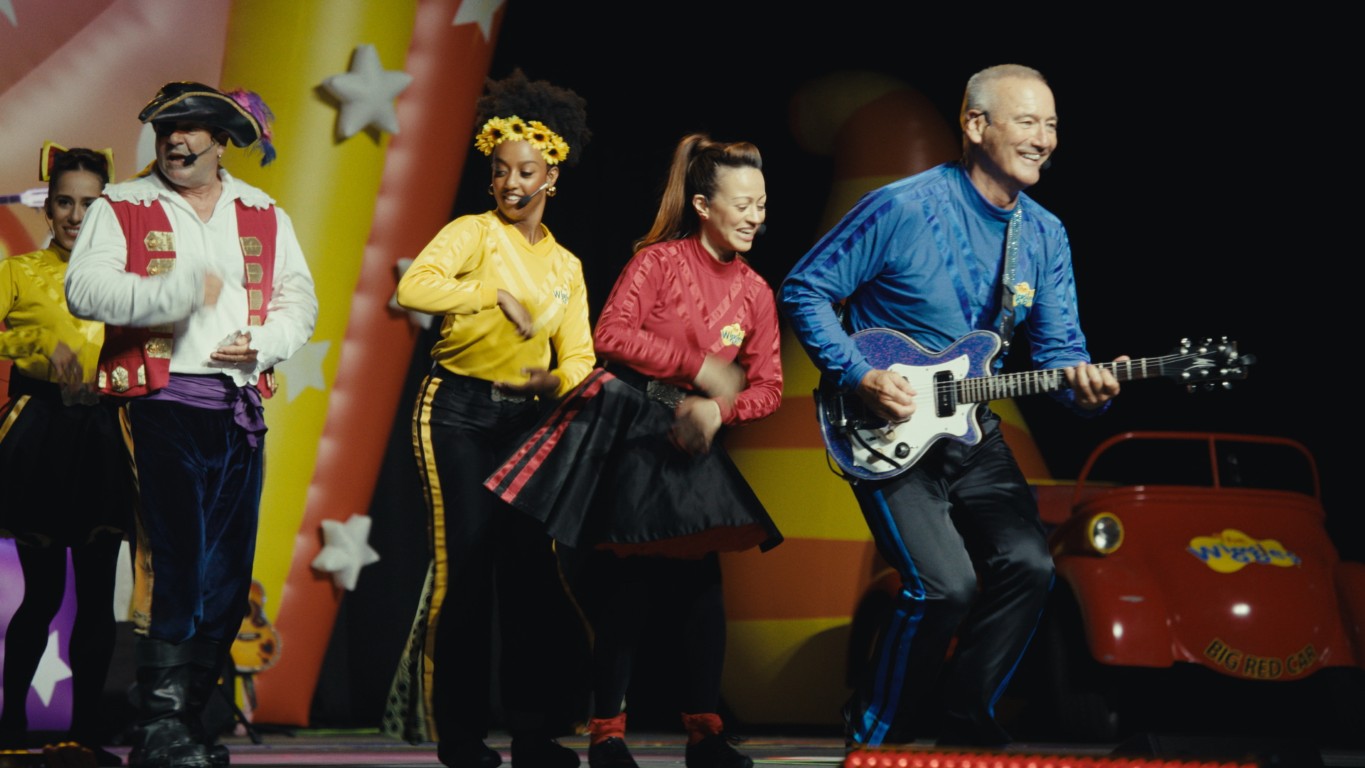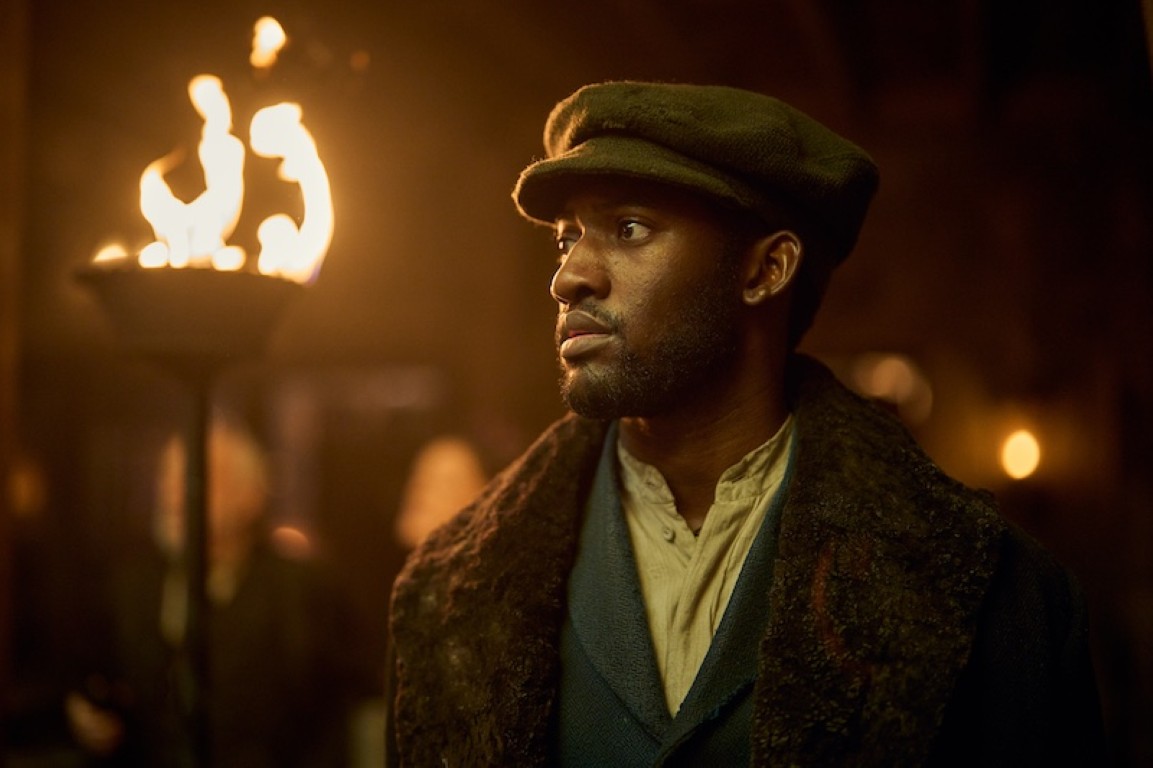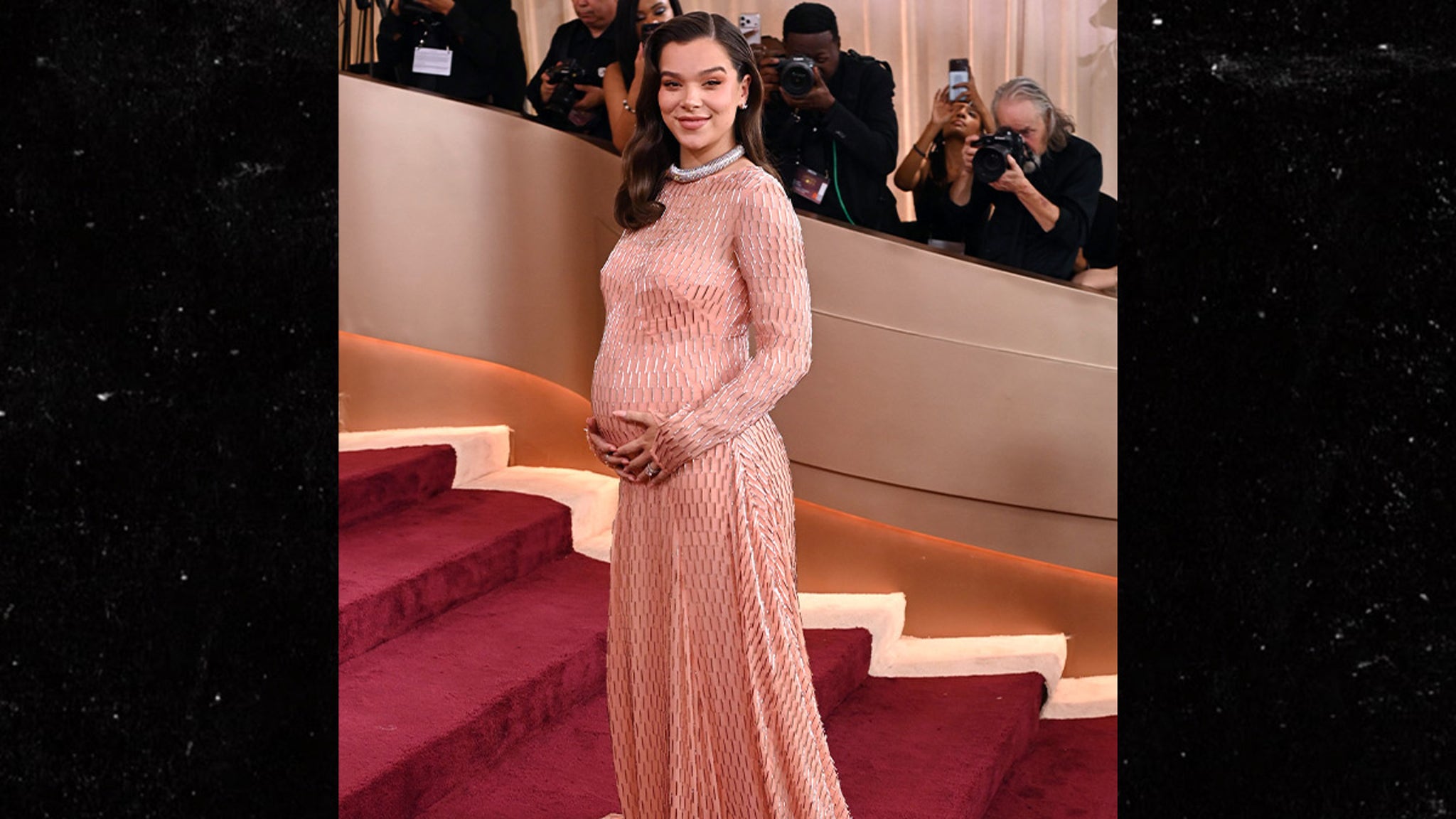Maja goes with Leah to her home in London, which is in the same building and upstairs from her mother, the apprehensive Chana (Sofie Gråbøl). Things are a little off with Chana—she’s mighty pushy about taking care of Leah and also has a few strange pieces of Jewish iconography hidden around the house. It doesn’t help how Chana always has such a grave, wounded look on her face. And when Leah ventures outside the apartment to learn more about these Jewish symbols from a man named Lev (David Dencik)—who so happens to be Leah’s uncle—Maja is chastised. Lev is told by Chana not to speak about these things.
Could this be a case of Munchausen syndrome? To its credit, Gisalson doesn’t let the viewer off the hook so easily. His script has a few surprises for viewers who may be intrigued by its story and its only slightly spooky visuals (candles that light up on their own), which leads to a more straightforward third act built around some freaky acting. But “Attachment” is just far too drawn out for something that ditches its sense of humor midway through, doesn’t pick its main fear for a long time, and gets super slow every time it needs to explain itself. “Attachment” very much wants to set its horror within Jewish mythology and Ultra-Orthodox life, and yet this specific choice always creates an exposition overload, which has a more distancing than inclusive effect.
In certain slivers, “Attachment” is stronger as a rumination on the more universal worries of a relationship—when you learn that it has personal connections (Gisalson wrote the script for Park, based on parts of her life), it makes more sense. The scariest story here is then saved for what happened to Leah’s father, revealed early on. Chana wasn’t originally Ultra-Orthodox: her ex-husband brought her into the community, had her converted, and disappeared. She still clings to this religious lifestyle like denial, while her sense of self has vanished. A big risk of loving someone is the chance that they can change who they are, and leave with heartbreak. “Attachment” gets at that with Gråbøl’s disturbing dramatic work, mirrored poignantly by Maja’s gradual fear as she learns just who or what she’s getting closer with. It’s a nasty conundrum, especially when codependency feels like the protection we want most.
Now playing on Shudder.
You can view the original article HERE.

